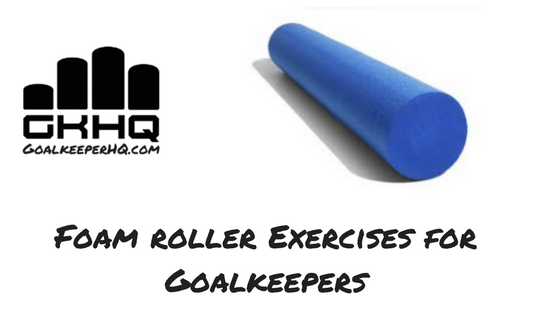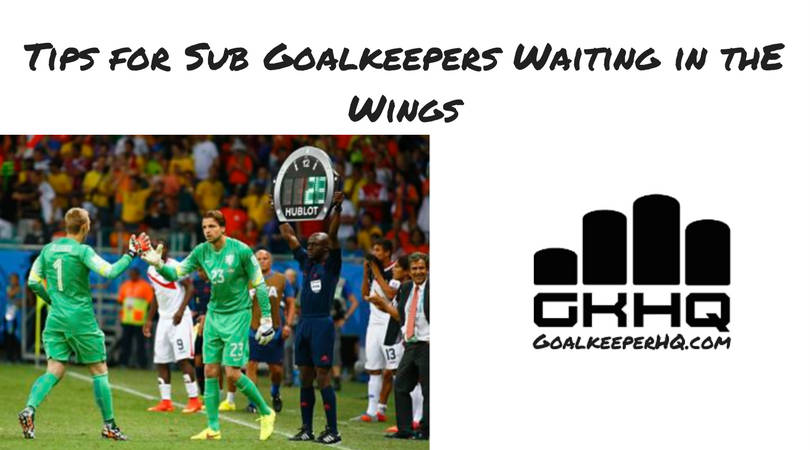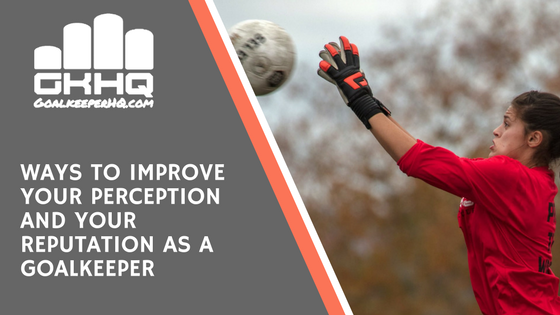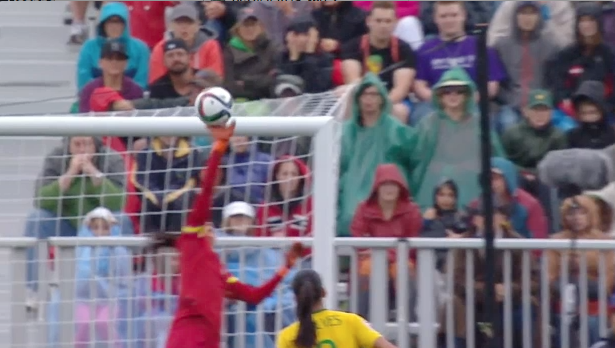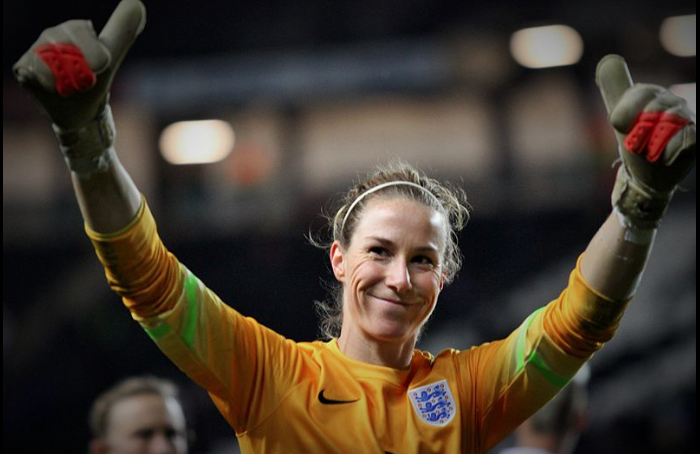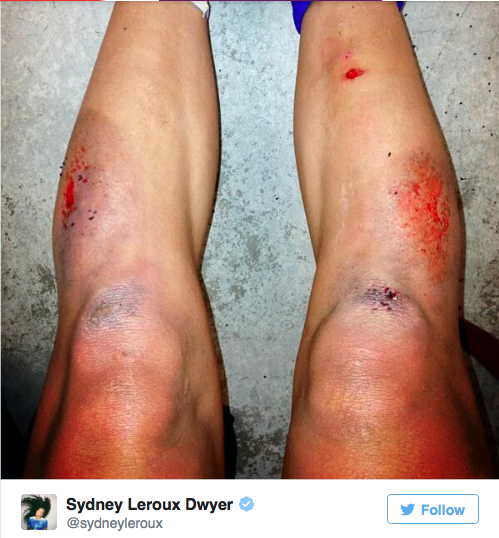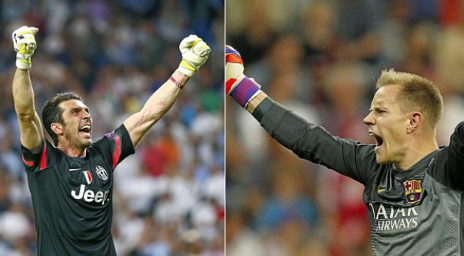Here are 10 tips for a successful soccer residential camp.
1) Be Physically Prepared: Try to go into camp in your best physical condition. Every moment at camp is a valuable learning experience. You want to be able to be able to seize every opportunity to practice and learn. We all know that our ability to pay attention decreases when we are tired, our ability to train with a pulled muscle is reduced. The bottom line is that to take full advantage of everything that is offered at camp you must be in good physical shape.
2) Packing & equipment: Packing is often the hardest part about going away to camp. It’s important not to forget anything and to think ahead of what might be needed over the summer. Bringing the right equipment is crucial to having a successful camp. Of course you will need to bring your usual soccer gear;jersey, shorts, socks, shinguards and shoes. However, there are plenty of other things to think about.
Be Sure to Bring the Following:
| \\\ | Cleats that are already broken in. Don’t buy a new pair of shoes to wear at camp unless you have enough time to break them in. New shoes can give you blisters. |
| \\\ | For Goalkeepers: An extra goalkeeper jersey. |
| \\\ | Indoor shoes for possible indoor sessions and casual evening wear. Sometimes because of bad weather sessions will be conducted indoors. |
| \\\ | A warm-up suit and/or rain gear |
| \\\ | Plenty of tee shirts and shorts |
| \\\ | Linens, blankets, pillow and towels. |
| \\\ | Sandals for the showers |
| \\\ | Bathroom items e.g. soap, shampoo, toothbrush, toothpaste deodorant |
| \\\ | A fan. Not all rooms are air-conditioned. |
| \\\ | An alarm clock. You don’t want to miss breakfast! |
| \\\ | Bug-spray and sun-screen. Ouch! |
| \\\ | Spending money for evening snacks, laundry or the camp store. |
| \\\ | Athletic tape and wraps if you need them. There will be a certified athletic trainer (A.T.C.) on hand to assist you.Plenty of Socks and Underwear.Pen and a notebook |
3) Label Everything: Residential camp requires your son or daughter to be living in close quarters with their fellow campers, which will likely lead to items being mixed up or lost. By labeling everything, and I mean EVERYTHING, you will prevent any possible mix ups as well as a trip to the lost and found on pick up day.
4) Ask soccer questions – Use the extra time to ask the coach any questions. The walk to dorms or to the field provide the perfect opportunity to pick the coaches brains without doing so in a big group if you are shy
5) Open up – Speak to the councellors or a coach you trust if something is bothering you or if you do not feel well. Poor performance due to sickness or worry may be constrived as laziness.
6) Have fun – Camp is about having fun. Take it all in, make friends and laugh
7) But not too much fun – If you find yourself in a situation where your parents would disapprove – Stop and think what the consequences may be. Integrety is doing the right thing, when no one is watching! – Plus you do not want to get sent home early!
8) Don’t be the smelly kid! – General hygiene is important. Washing hands before meals, and showers after sessions and in the morning. You will likely be sweating at night so morning showers are important too! Brush teeth first thing in the morning to rinse out yucky mouth – the bacteria from a dry mouth is best rinsed out rather than swallowed with a drink or at breakfast. Night time brushing is a must!m Poor hygiene can result in feeling poorly.
9) Avoid sugary drinks / food at night – Apart from being bad for you, the sugar will keep you up at night resulting in a poor night’s sleep and feeling horrible the next day and likely a poor soccer performance. See what happens to your body after drinking a coke
10) Take time to rest – There will be down time. Use it to rest. There is nothing shameful about having a 20 minute nap when others in your room are playing ping pong, pool or running around outside.

